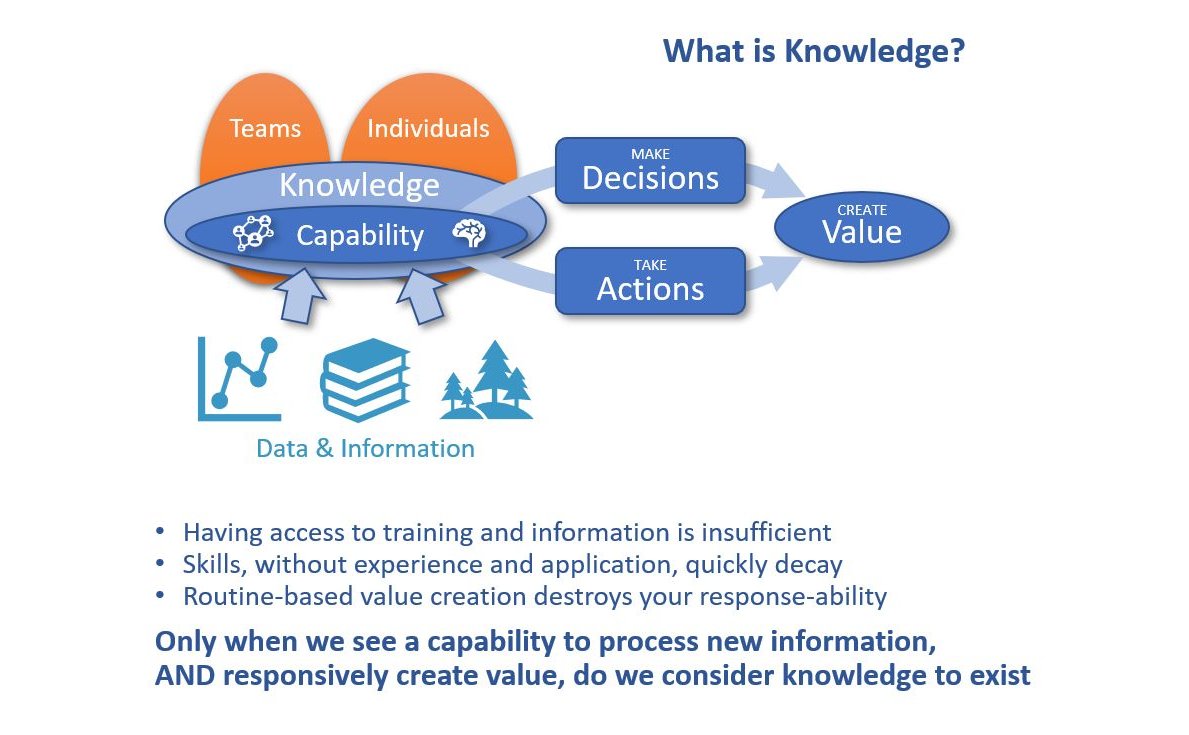
Would we do better choosing leaders at random?
Originally posted on The Horizons Tracker.
Last year Tomas Chamorro-Premuzic published his provocative title highlighting the general inadequacies of our leadership selection processes. His general missive was that our recruitment systems are geared towards promoting incompetent men to leadership roles. It’s a theory supported by new research1 from the University of Zurich, which suggests that we might as well pick leaders completely at random.
The researchers examined historical examples of business fraud and misconduct at the highest levels of government, and found that changes in the selection process can diminish the hubris that underpins such incidents.
The authors highlight that leaders commonly attribute their successes to their unbelievable intellect and general brilliance. This tends to blind them to hurdles in their path, and they often embark on endeavors that bring negative outcomes, whether due to poor business choices, or unethical ones.
“In classical Athens and medieval Venice, political positions were filled using a mixed procedure of targeted selection and drawing by lots,” the authors explain. “We wanted to see how appointing leaders partly by random selection affected their performance.”
Avoiding hubris
After both reviewing the existing literature, and conducting a large lab-based experiment, the researchers believe that a random selection process could do a better job at avoiding hubris in leaders than current processes.
The research found that when overconfident leaders were selected randomly, they were less inclined to abuse their power, and more inclined to use it to benefit the group as a whole. When leaders think they’ve triumphed during a competitive selection process, neither of these things occur.
The authors suggest that this occurs because leaders are often highly confident individuals, and succeeding in competitive environments can tip this into overconfidence, prompting leaders to believe they are much better than the rest, and therefore entitled to enrich themselves.
A more random selection process seemed to result in more humble leaders, which can lead to better outcomes for the teams and organizations they lead. It’s unlikely that selection processes are likely to be flipped in such a way, but it’s nonetheless some interesting food for thought.
Article source: Would We Do Better Choosing Leaders At Random?
Reference:
- Berger, J., Osterloh, M., Rost, K., & Ehrmann, T. (2020). How to prevent leadership hubris? Comparing competitive selections, lotteries, and their combination. The Leadership Quarterly, 101388. ↩






